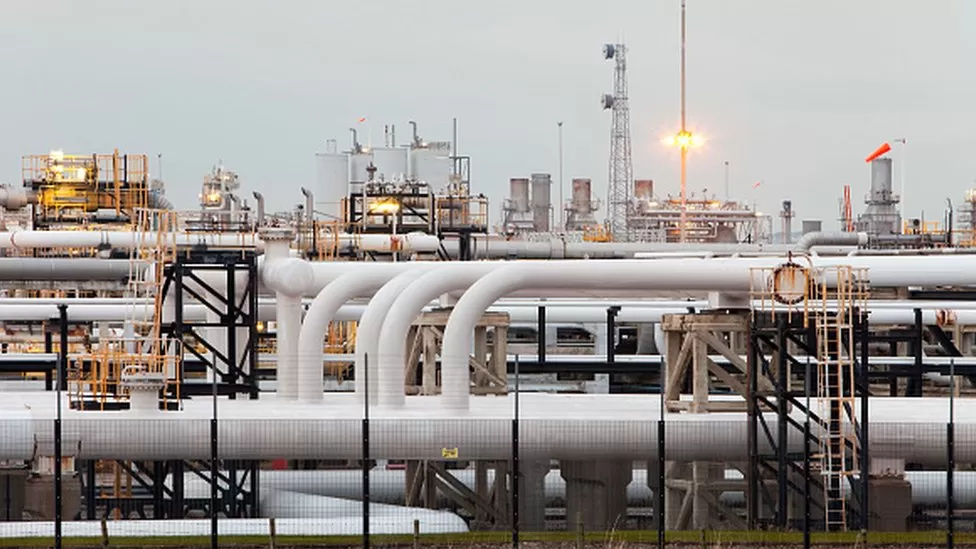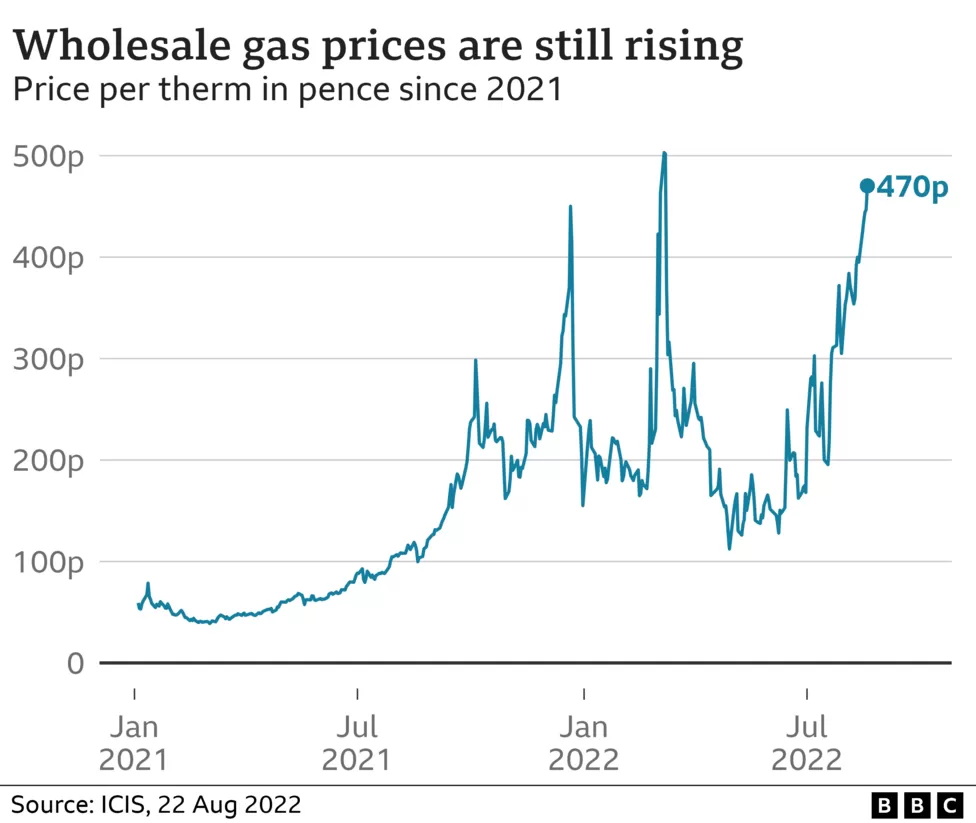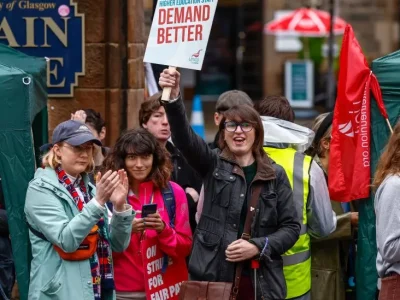An emergency planning exercise has been doubled in size, as the National Grid gears up for possible gas shortages. Potential scenarios – including rationing electricity – will be warmed over four days, rather than the usual two, as energy concerns grow. The government insists there is no risk to UK energy supplies and consumers should not panic. But industry insiders told the BBC that ministers need to do more to secure supplies this winter.
Business Secretary Kwasi Kwarteng had not sought any advice from government officials on the possibility of rationing energy before the end of June, his department confirmed in response to a BBC Freedom of Information request. Government sources said this was because the UK had one of the most “reliable and diverse energy systems in the world” thanks to its investment in renewables, nuclear and the North Sea oil and gas industry.

Downing Street has insisted households and businesses will not face blackouts this winter, telling them not to feel they should cut down on energy use. But energy experts expressed surprise that Mr Kwarteng had not sought advice on the powers available to him in an emergency to ration supplies, particularly as other countries were working on such plans. A global squeeze on the supply of gas since late last year has destabilised the global economy, increased living costs, and sent household energy bills skyrocketing.
The Electricity Supply Emergency Code describes the steps Mr Kwarteng could take to ration electricity, should that become necessary. One course of action includes “rota disconnections”, which involves limiting or cutting power to some customers on a rotational basis to reduce demand. Keith Bell, professor of electronic and electrical engineering at Strathclyde University, said cutting some gas supplies to large industrial users was a “credible scenario that we need to be ready for”.

Charles McAllister, director of policy for lobby group UK Onshore Oil and Gas, said the UK was “at the highest risk of loss of energy supply in decades”. He said the annual National Grid exercise would assess the extent to which energy demand can be reduced, especially from heavy industry, to mitigate supply risk.

The exercise, which gets underway next month, will involve government agencies, regulators, lobby groups and major energy firms. Called Exercise Degree, it will simulate scenarios in which a loss of gas supply triggers an emergency situation for the UK’s energy system. Two industry sources said the difficult energy situation globally and how seriously preparations for that were being taken were factors in the exercise’s expansion to four days. One scenario explored during last year’s two-day exercise involved “turning off major users” of gas in response to a pumping station issue, a source said.
Meanwhile, some major economies such as Germany and France have made plans for energy rationing should Russia – a major supplier of gas to Europe – turn off the taps this winter. Energy prices have risen sharply because demand for gas has increased markedly since Covid-19 restrictions ended and the war in Ukraine disrupted supplies from Russia. A spokesperson for the Department for Business, Energy and Industrial Strategy said the UK had “one of the most reliable and diverse energy systems in the world”. Unlike much of the rest of Europe, the spokesperson added, “we are not dependent on Russian energy imports meaning households, businesses and industry can be confident they will get the electricity and gas they need”.

But Labour’s shadow net zero and climate secretary, Ed Miliband, said the Conservative government’s policies had “left bills too high and our energy security too weak”. “Their short-sightedness has been staggering – from closing our gas storage facilities to failing to insulate houses and cut bills, and blocking the quickest, cheapest and cleanest renewables in their energy strategy,” the former Labour leader said.
![]()





